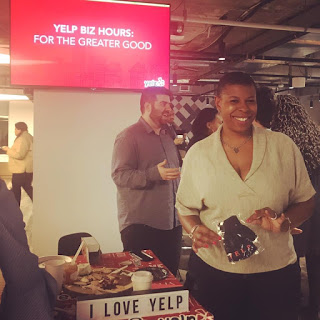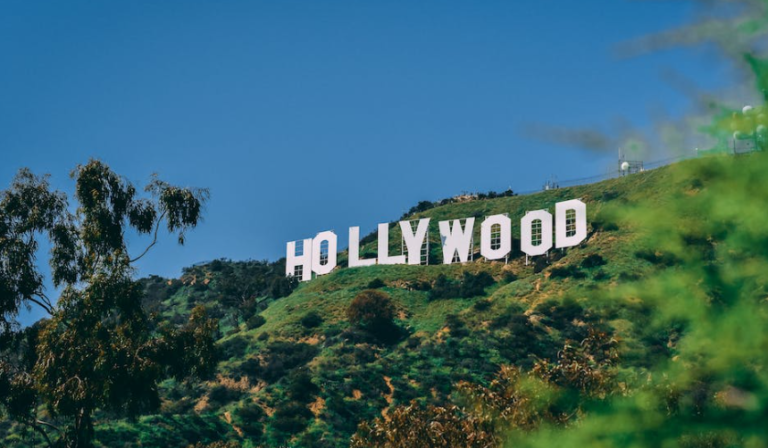Yelp Biz Hours Highlights Passion and Authenticity as Key to Successful Entrepreneurship
I had the privilege to attend “Yelp Biz Hours: For the Greater Good.” It’s a happy hour + panel discussion that focuses on business and community. I was drawn to this event for two main reasons.
One, I love Yelp, and the events that their Yelp DC Community Manager, Kimberly Van Santos, puts together are always wonderful. If you follow my blog or social media, you know I’m a huge fan!
Two, I think Andy Shallal, Founder and CEO of Bus Boys and Poets, is a serious force. I had the pleasure of working with his wife, Marjan when I was the Director of Development and Communications at HumanitiesDC. During that time, I was able to meet him and was immediately blown away by his brilliant insights. Since then, I have heard him speak at many DC events, where he is often recalling his entrepreneurship journey and discussing his vision for his restaurants and their impact on the greater community.
I didn’t know much about the other panelist, Ran Nussbacher, Shouk’s co-founder and CEO of Shouk, Darryl Perkins, Co-founder of the Broccoli City Festival, and Kate Zuckerman, who Co-founded of kombucha company Blue Ridge Bucha. I had attended Broccoli Festival a couple of times and I thought Darryl might also be of interest to me, specifically because of the festival’s focus on celebrating black culture.
I learned so much from this panel. They left me feeling intellectually and emotionally full! The highlight of the night for me was when I decided to ask Andy and Darryl a very pointed question. Andy had previously stated that all of his new employees began their training with a discussion about race because “Everything you do in America has a racial component to it!”
This made me think of the ongoing gentrification of Washington, DC, where black people are disappearing, and the fact that both Andy and Darryl had very ethnocentric business models. Looking at such businesses I’m always wondering where we draw the line between celebrating culture and commodifying it, especially when the members of the community who make that culture are no longer around. Watch the video below to see their passionate and insightful answers.
Discover more from DG Speaks
Subscribe to get the latest posts sent to your email.





